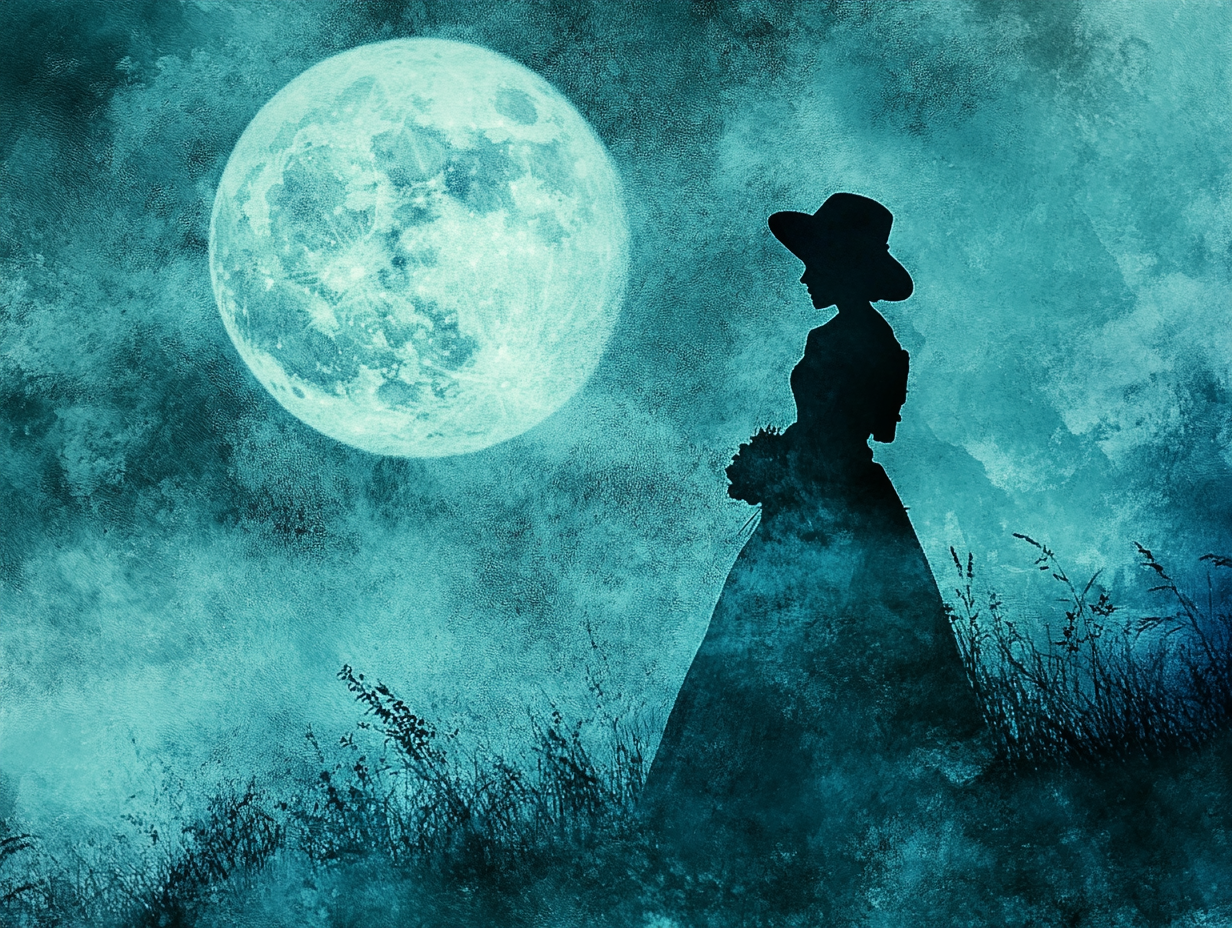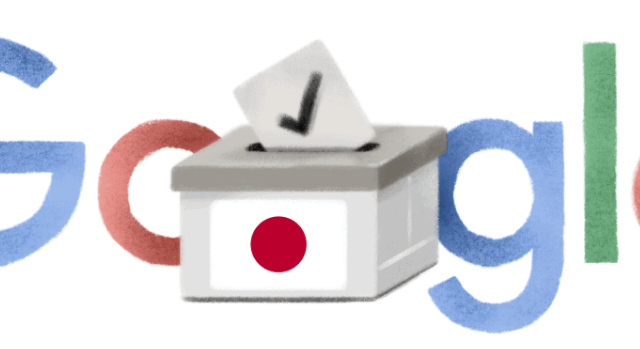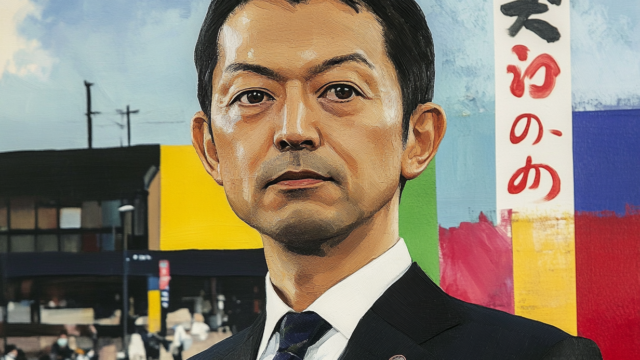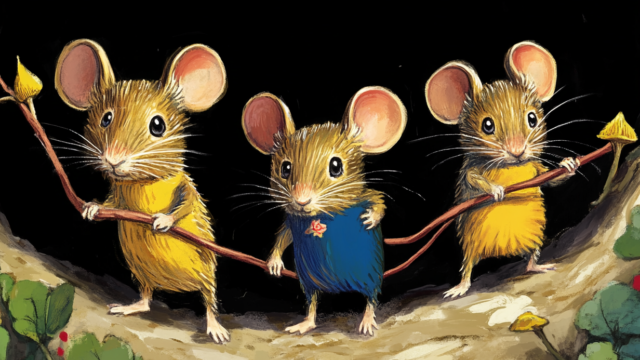
「月にまつわる英語表現」
英語には月に関する興味深いイディオムがいくつかある。その一つが「once in a blue moon(ワンス・イン・ア・ブルー・ムーン)」だ。直訳すると「青い月に一度」となるが、実際には「めったにない、非常にまれに」という意味で使われる▼この表現の起源は、一か月に2回満月が現れる珍しい現象に由来する。通常、満月は約29.5日周期で現れるが、まれに1か月に2回満月が見られることがある。2回目の満月を「ブルームーン」と呼び、この現象が3年に1度程度しか起こらないことから、非常に珍しいことの比喩として使われるようになった▼他にも「over the moon(オーバー・ザ・ムーン)」という表現がある。これは「非常に幸せで、大喜びして」という意味だ。月を超えるほど嬉しいという様子を表現している▼日本の月見文化にも興味深い側面がある。2024年10月15日は十三夜で、旧暦9月13日の夜に見る月のことを指す。これは十五夜(中秋の名月)に対して「後の月」と呼ばれることもある▼さらに、その2日後の2024年10月17日は満月で、その年の満月の中で最も大きく見える「スーパームーン」となる。このように、月は古今東西を問わず、人々の想像力をかき立て、言葉や文化に深く根付いている▼英語の「shoot for the moon(シュート・フォー・ザ・ムーン)」という表現は、「高い目標を目指す」という意味だ。たとえ月に届かなくても、星々の間に着地するだろうという格言もある。月を見上げながら、高い理想を持ち続けることの大切さを教えてくれる。そんな月にまつわる表現を知ると、夜空を見上げる楽しみもまた一層深まるのではないだろうか。

【英語訳】
“English Expressions Related to the Moon”
English has several interesting idioms related to the moon. One of them is “once in a blue moon.” While the literal translation is “once in a blue moon,” it actually means “very rarely” or “extremely infrequently.”
The origin of this expression comes from the rare phenomenon when two full moons appear in a single month. Normally, a full moon occurs approximately every 29.5 days, but occasionally there are two full moons in one month. The second full moon is called a “blue moon,” and since this phenomenon only occurs about once every three years, it became a metaphor for very rare occurrences.
Another expression is “over the moon,” which means “extremely happy” or “overjoyed.” It expresses a state of happiness that surpasses even the moon.
Japanese moon-viewing culture also has interesting aspects. October 15, 2024, is Jusanya (the 13th night), referring to the moon viewed on the 13th night of the 9th month in the old lunar calendar. This is also called “Nochi no Tsuki” (later moon) in contrast to Jugoya (the 15th night, or mid-autumn moon).
Furthermore, two days later, on October 17, 2024, there will be a full moon, which will be a “supermoon” – the largest-appearing full moon of the year. In this way, the moon has stimulated people’s imagination and has been deeply rooted in language and culture across time and cultures.
The English expression “shoot for the moon” means “to aim for a high goal.” There’s also a saying that even if you don’t reach the moon, you’ll land among the stars. While looking up at the moon, it teaches us the importance of maintaining high ideals.
Learning about such moon-related expressions might deepen our enjoyment of gazing up at the night sky.







